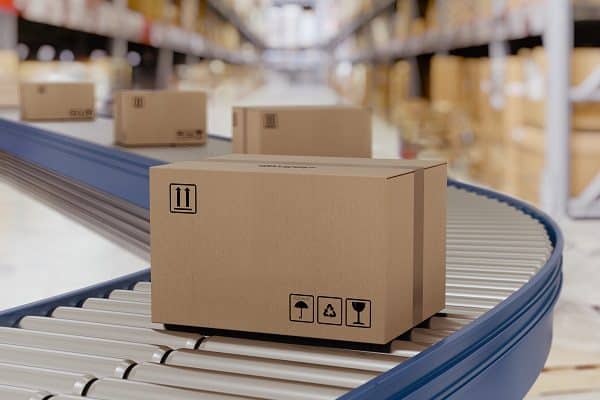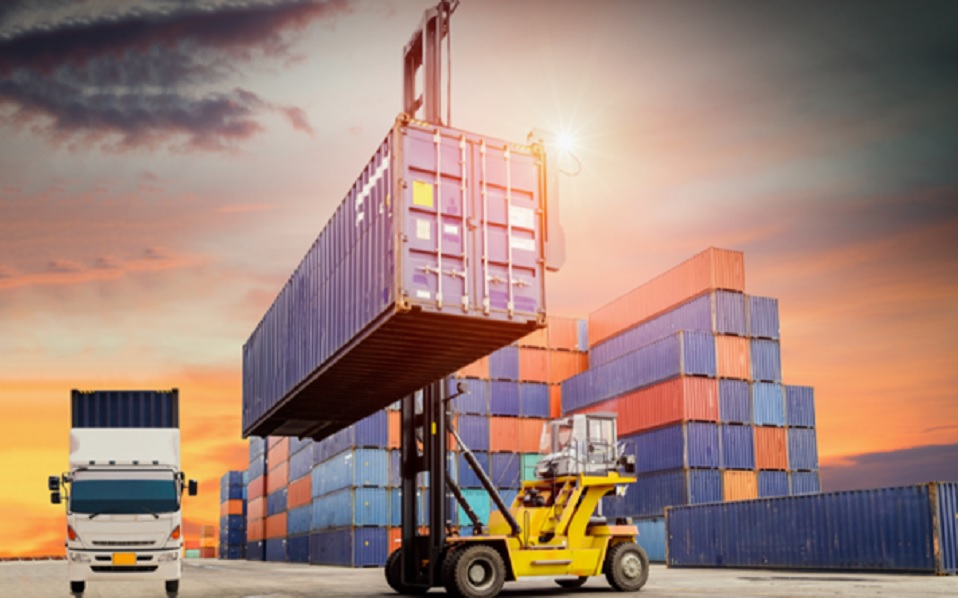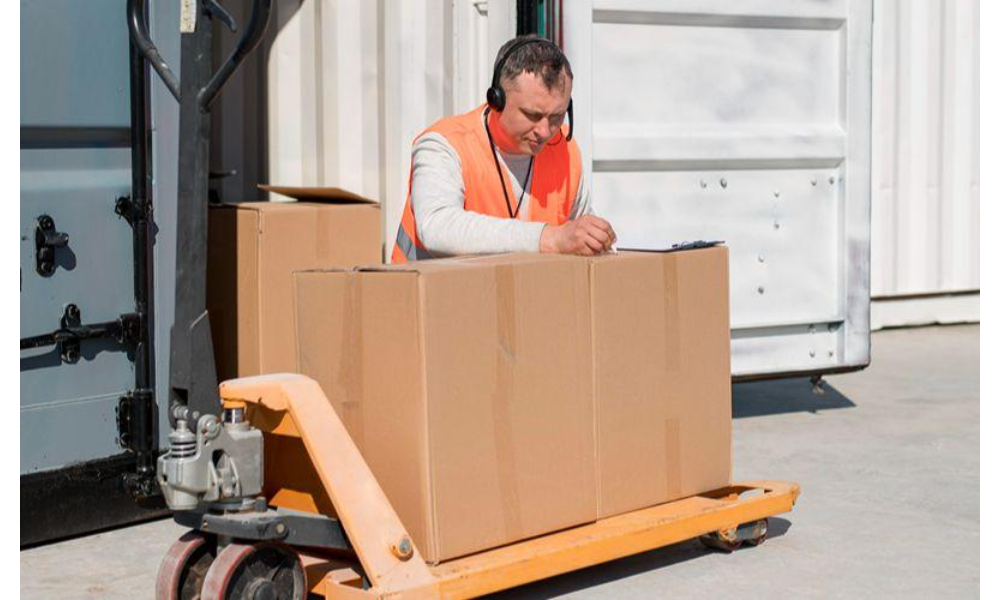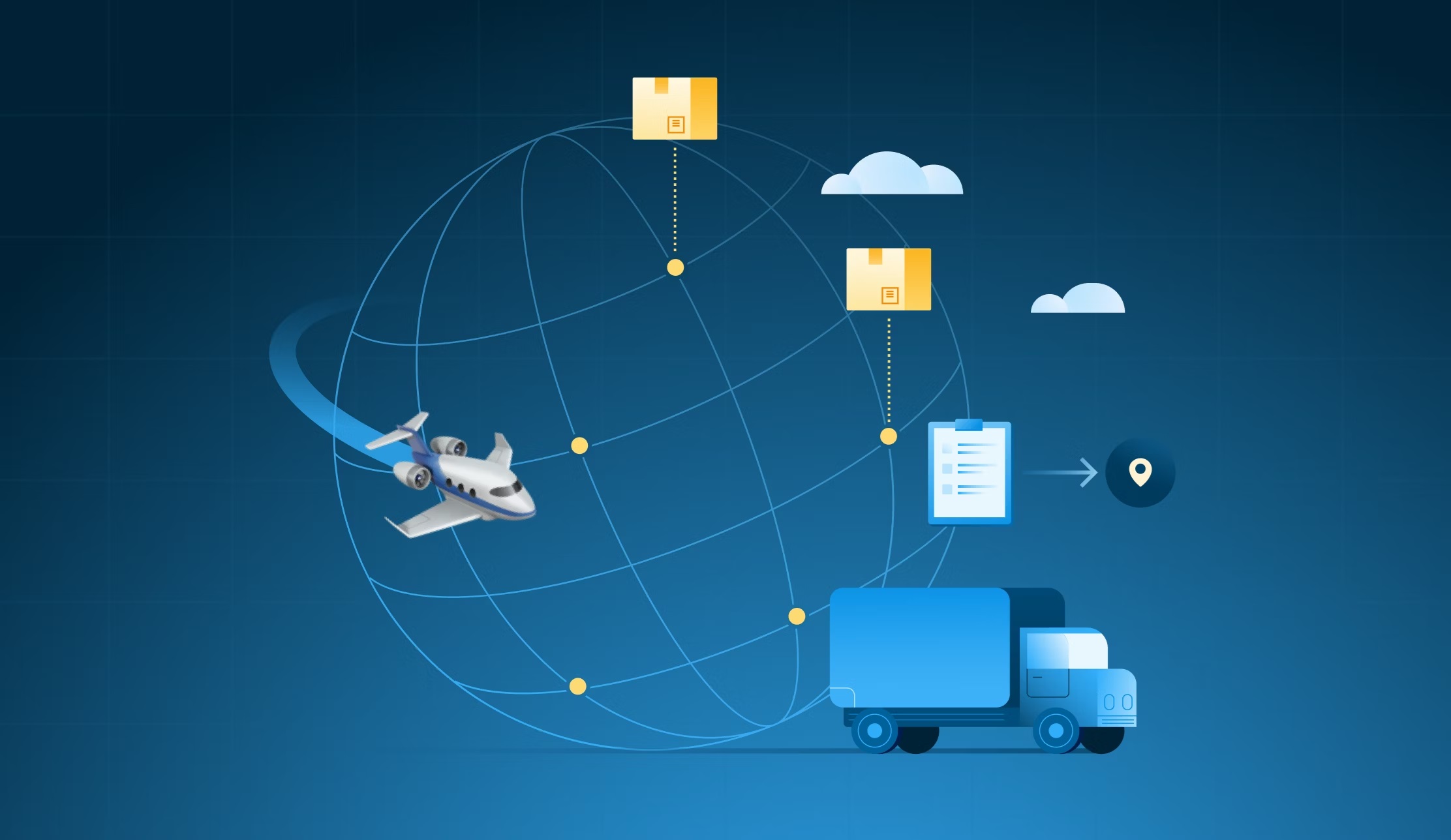Ecommerce logistics in Singapore has gained considerable attention as businesses expand their online presence. The region is praised for its advanced infrastructure and efficient logistics systems. However, is the reality as promising as the claims suggest? This article delves into the true nature of ecommerce logistics in Singapore, revealing both its advantages and challenges.
1. Robust Infrastructure
One of the primary claims about ecommerce logistics in Singapore is its exceptional infrastructure. The country boasts an extensive network of roads, ports, and airports, facilitating the swift movement of goods. Singapore’s Changi Airport is consistently ranked among the best globally, and its world-class shipping ports play pivotal roles in ensuring timely deliveries. The strategic geographical location also positions Singapore as a key logistics hub in Asia, making it an attractive option for international shipping. This robust infrastructure allows for efficient imports and exports, benefiting businesses looking to reach global markets.
2. Technology Integration
Logistics companies in Singapore are increasingly adopting technology to enhance their operations. From warehouse automation to real-time tracking systems, the integration of cutting-edge technologies is evident. These advancements promise to streamline processes, reduce errors, and improve customer satisfaction. For instance, many companies now utilise sophisticated software to manage inventory levels and optimise delivery routes, ensuring quicker turnaround times. However, the effectiveness of these technologies varies among companies, and some may lag in their adoption, impacting overall efficiency. Businesses should evaluate their logistics partners’ technological capabilities to ensure they benefit from the latest advancements.
3. High Standards of Service
Many logistics companies in Singapore pride themselves on providing high-quality services. They often tout customer satisfaction rates and timely deliveries as hallmarks of their operations. However, while some companies meet these standards, others may struggle to maintain consistency. Issues such as capacity constraints, especially during peak seasons, can lead to delays and customer dissatisfaction. Companies need to manage expectations and maintain open lines of communication with customers, ensuring they are informed about any potential delays. Reliable service delivery is crucial in maintaining a competitive edge in the rapidly evolving ecommerce landscape.

4. Cost Considerations
While ecommerce logistics in Singapore offers many advantages, cost remains a significant concern for businesses. The expenses associated with logistics services can quickly add up, especially for small to medium-sized enterprises. Hidden fees, fluctuating rates, and the need for additional services, such as warehousing, can strain budgets. Companies must conduct thorough research to find a logistics partner that aligns with their financial capabilities. It is crucial to have transparent discussions regarding pricing structures and any potential additional costs to avoid unpleasant surprises down the line.
5. Regulatory Challenges
Ecommerce logistics in Singapore is subject to various regulations that can impact operations. Compliance with customs requirements, import/export regulations, and safety standards is essential. These regulations can be complex, and failing to adhere to them may result in delays or additional costs. Businesses must stay informed about these regulations and work closely with their logistics partners to navigate them effectively. Proper training and resources must be allocated to ensure that teams are knowledgeable about the latest regulatory changes.
6. Sustainable Practices
Sustainability is a growing concern in the logistics sector, and Singapore is no exception. Many logistics companies are adopting eco-friendly practices to reduce their carbon footprint. This includes using electric vehicles, optimising delivery routes, and minimising packaging waste. While these initiatives are commendable, the pace of change varies among companies, and not all logistics providers prioritise sustainability. Businesses looking for logistics partners should consider their commitment to sustainable practices, as this can enhance brand reputation and appeal to environmentally conscious consumers.
7. The Future of Ecommerce Logistics
Looking ahead, the future of ecommerce logistics in Singapore appears promising. Continued investment in infrastructure and technology is likely to enhance efficiency further. Additionally, as consumer demands evolve, logistics companies will need to adapt to meet expectations for faster and more flexible delivery options. The rise of same-day and next-day delivery services has set a new standard for consumers, and logistics companies must find ways to meet these demands while managing costs. Collaboration between businesses and logistics providers will be crucial in navigating this changing landscape, ensuring mutual growth and success.
In conclusion, ecommerce logistics in Singapore has its strengths and weaknesses. While it boasts a robust infrastructure and technological advancements, challenges such as cost and regulatory compliance remain. Businesses should carefully assess their logistics needs and choose partners that align with their goals. By doing so, they can leverage the benefits of ecommerce logistics in Singapore effectively.
For more information about ecommerce logistics solutions, contact Loft Logistics today.















Comments